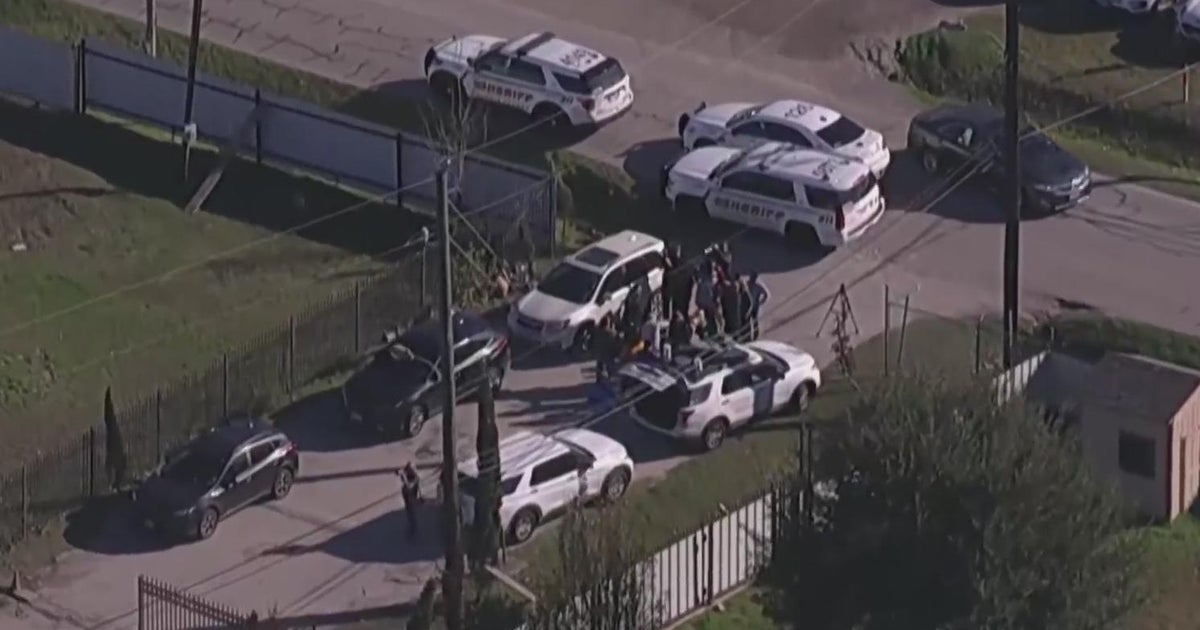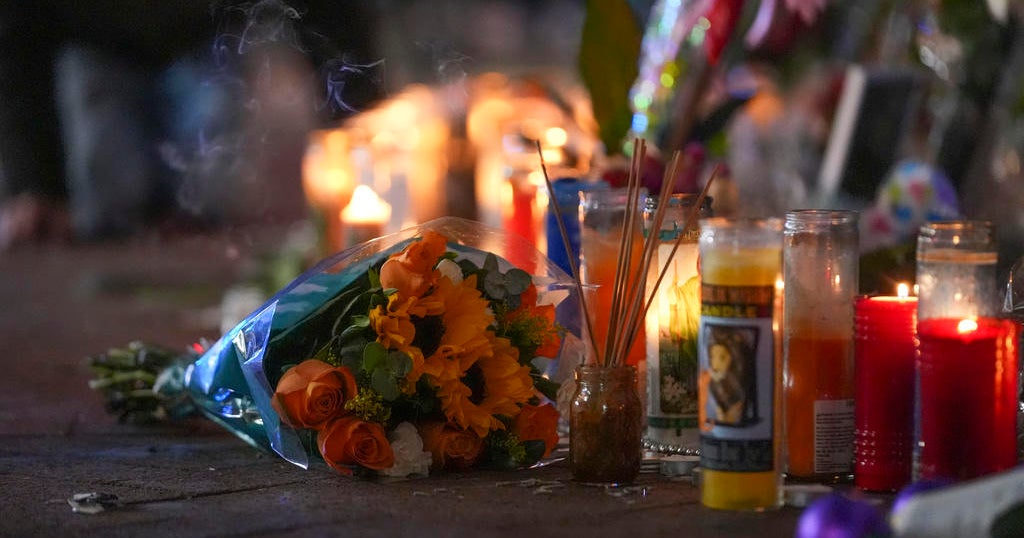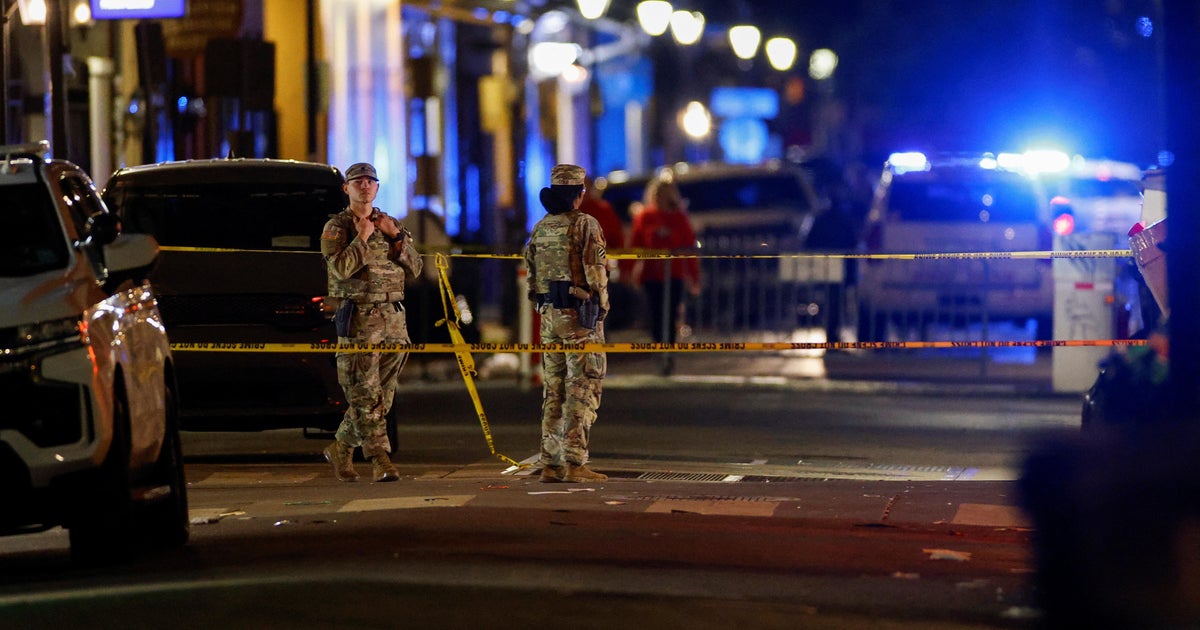New Orleans truck attacker posted recordings criticizing music, discussing religious beliefs in year before attack
The man who plowed a truck into a crowd of people in New Orleans on New Year's Day posted audio recordings online in early 2024 expressing his religious beliefs and describing music as the "voice of Satan." He made no mention, however, of plans for violence or affiliations with extremist groups in the recordings.
Eleven months prior to the Bourbon Street attack, Shamsud-Din Jabbar, who killed 14 people, posted three recordings on SoundCloud, including a recitation from the Quran and a separate message warning that music could draw people toward "forbidden" behaviors such as using marijuana, consuming alcohol and engaging in violence.
Basharat Saleem, executive director of the Islamic Society of North America, a nonprofit organization, told CBS News that many of Jabbar's statements in the recordings reflect a misinterpretation of Islamic law.
"These are his personal, misguided conclusions," Saleem said, emphasizing that Jabbar's actions in New Orleans contradict the teachings of Islam.
Jabbar's younger brother, 24-year-old Abdur-Rahim Jabbar, told CBS News that in the year leading up to the attack, his brother seemed to grow increasingly devout. He observed changes in Jabbar's lifestyle, noting that he adopted more modest attire, removed his tattoos and gave up alcohol.
Abdur-Rahim said none of the changes seemed concerning and he saw no indication that his brother was being radicalized.
Authorities are investigating the timeline and circumstances of Jabbar's radicalization. Christopher Raia, deputy assistant director of the FBI's counterterrorism division, said Jabbar posted videos to Facebook in the hours before the attack, saying he joined ISIS before the summer.
In the videos, Jabbar said he had initially planned to target friends and family but chose a larger attack to draw attention to the "war between the believers and the disbelievers."
Muslim scholars and leaders have consistently condemned violence in the name of Islam, rejecting extremist ideologies like those promoted by ISIS. Azhar Azeez, a board member of the Islamic Society of North America, told CBS News that "this extremism has no place in our community."
In a statement, the Council on American-Islamic Relations denounced the attack, calling it the latest example of why extremist groups "have been rejected by the overwhelming majority of the Muslim world."
SoundCloud did not immediately respond to requests for comment.



